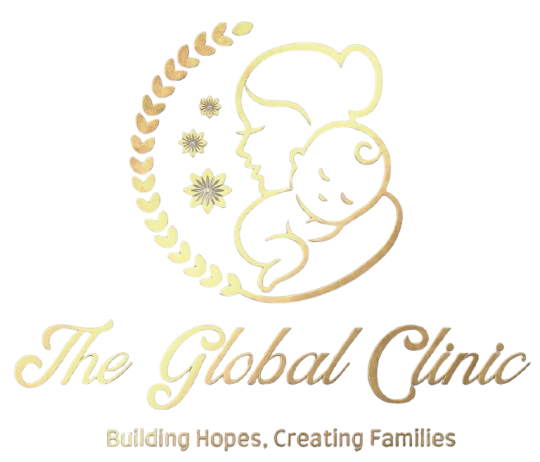LOW (Anti-Müllerian Hormone) AMH Procedure
AMH(Anti Mullerian Hormone) is a measure of a woman’s egg reserve. It explains a woman’s capacity to become pregnant. It can be done at any time during the menstrual cycle. Other ovarian reserve checks, such as FSH, must be performed on a certain day of the month, such as Day 1 or Day 2 of the menstrual cycle.
AMH is a hormone released by preantral and antral follicles or egg sacs that hold immature eggs. A blood test may be used to determine the status of ovarian reserve and how many eggs are left in the ovaries. This will help decide how a woman will respond to treatment.
Low AMH may be caused by several causes
Low AMH levels are caused by age, endometriosis, genetic causes, auto-immune disorders, and cancer treatment. Low AMH levels can also be caused by excessive smoking, environmental factors such as noise, and obesity. Women who take birth control pills and have had lupron injections may have AMH levels that are artificially low.
What effect does low AMH have on fertility?
Low AMH isn’t a cause of infertility, but it does signal a depleted egg supply. The likelihood of a mature and stable egg being released and fertilized declines as the number of developing eggs in the ovaries decreases. The consistency of the eggs can be compromised by age-related low AMH, as eggs acquire mutations over time. This may imply that the chances of her getting a healthy baby declines . This could increase the chances of abnormal fertilization and miscarriage.
What if my AMH levels are low?
If your AMH levels are exceptionally low, you are likely to have a poor response to the medication doses used in standard IVF. Natural IVF and Modified Natural IVF, on the other hand, could be a better option for those with a limited ovarian reserve.
Global IVF Clinic provides this form of IVF treatment to women with limited ovarian reserve. Consult Dr. Ramya Mishra Shukla if you have a low AMH level.



